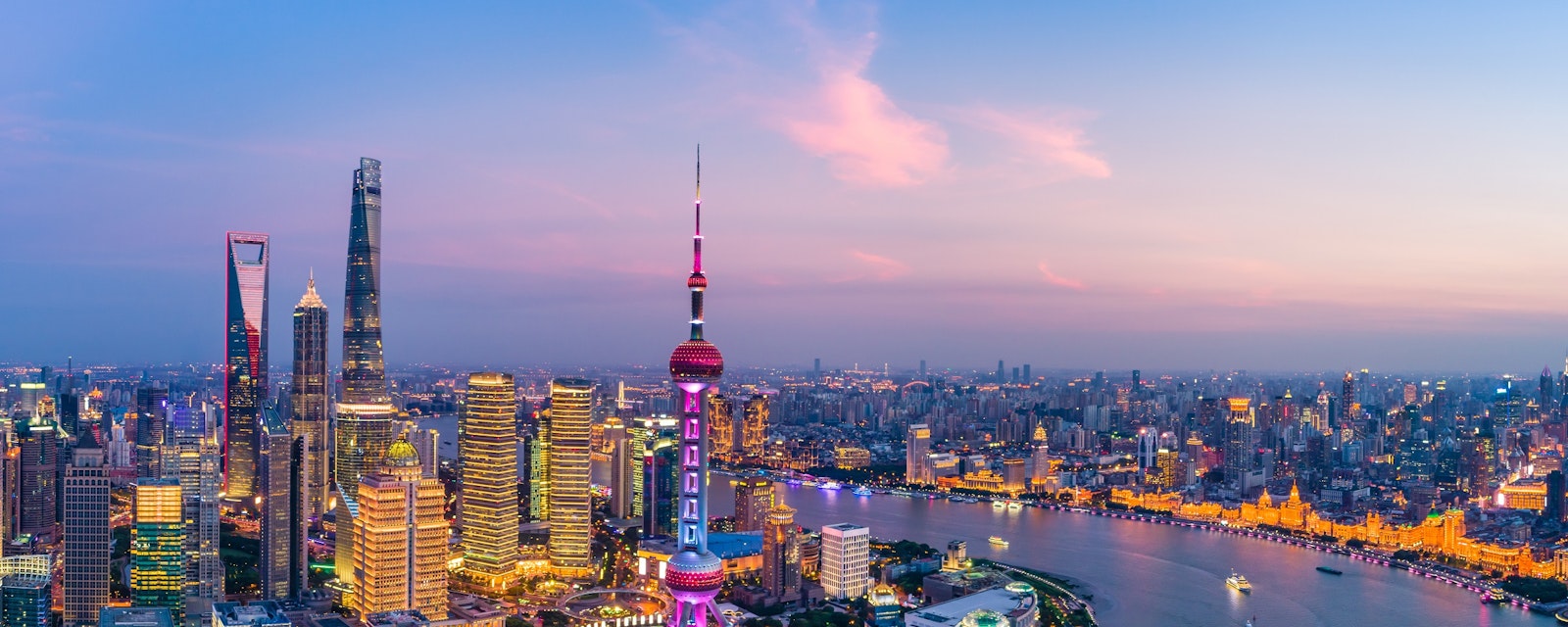China's abrupt transition away from zero-Covid has led to overcrowded hospitals and medication shortages, while driver shortages are delaying home delivery of groceries in some cities.
Despite these problems, China so far appears to be avoiding the worst-case scenario of social and political instability, while public anger is unlikely to threaten President Xi Jinping's status. Travel related to the Lunar New Year holiday on 22 January is likely to spark a new wave of infections in rural areas, but a top epidemiologist predicts that infections may recede by April.
Riding the Wave
Accurate figures on the number of infections, hospitalizations and deaths from Covid-19 are scarce. The National Health Commission stopped publishing daily statistics on 25 December, after the end of mass testing requirements rendered such data meaningless. Privately, the commission reportedly estimated that 250mn people — around 18% of the population — may have been infected in the first 20 days of December, including 37mn in a single day. This estimate is consistent with anecdotal evidence suggesting widespread infections.
Regarding the death toll, authorities instructed hospitals that only patients who die from respiratory failure will count in the official Covid-19 death toll, while those with other chronic illnesses are not included, but reports from crematoriums suggest that excess deaths among the elderly are substantial.
Early Signs of Normalcy
Economic activity, recreation and transport are increasing again as people recover from illness and take advantage of post-zero-Covid freedoms. Still, these indicators remain far below both pre-pandemic levels, and most remain below levels from even twelve months ago, before Omicron led to rising infections even under zero-Covid.
In multiple Chinese cities, huge crowds celebrated New Year’s Eve outdoors in city centers and inside night clubs. In Beijing, where the wave of infections began before the cancellation of most zero-Covid restrictions in early December, roads are crowded again. In Shanghai, the latest outbreak is less advanced but also appears to have peaked, and traffic is now increasing.
Lockdowns are over. Though local governments still retain the authority to lock down specific buildings, floors, offices, or households designated as "high risk," in practice the end of mass testing has meant that local authorities have no basis to make such designations. Their authority to do so will officially end on 8 January.
Despite improvements on the ground, economic data will look ugly until perhaps early April. December data will show the effect of widespread infections; January and February data are always reported jointly to eliminate distortions from Lunar New Year, which will mask any improvement in February compared to January. Clear improvement may therefore not be clearly visible until the release of monthly data for March.
Lunar New Year Surge
The short-term risk is that the Lunar New Year holiday beginning on 22 January launches a fresh wave of infections as urban residents visit family in rural hometowns, where hospitals are even less equipped to handle a surge in patients. According to Wu Zunyou, chief epidemiologist at the Chinese Centre for Disease Control and Prevention, China is likely to experience three waves of infections this winter, including the current wave that began in early December. The second wave is likely to begin in mid-January as Lunar New Year travel begins, while the third would begin in late February or mid-March as people returned to work after the holiday.
Minimal Threat to Xi and the Party
Regarding the political impact, we doubt that the current wave of infections will significantly affect President Xi Jinping's status or ability to implement his agenda. To be sure, Xi and other top leaders are vulnerable to criticism that they failed to use the time afforded by zero-Covid to prepare for the inevitable surge in cases by boosting hospital capacity and ensuring adequate supplies of medicines. Still, we doubt that such dissatisfaction will coalesce into organized opposition either at the grassroots or elite levels unless the scale of chaos and death significantly expands from current levels. Much as with the protests against zero-Covid in November — which predictably lost momentum after the decision to exit from that policy — public anger over widespread illness and death will likely fade once the initial infection waves pass.
Travel Requirements Irritate Foreign Relations
Multiple countries including the US, Canada, France, Spain, Italy, South Korea, Japan and Australia have imposed pre- and/or post-flight requirements on inbound travelers from China; the UK initially imposed such a requirement before reversing course. Scientists have expressed concerns about the possibility of a new variant emerging in China, but recent experience suggests that new variants inevitably spread worldwide, overcoming all border controls.
Some governments are also concerned that the Chinese government is not providing sufficient genetic data from recent infections to the WHO, which on 30 December publicly urged China to "strengthen viral sequencing." Over the previous 30 days, China submitted 424 sequences to GISAID, the global platform for sharing genetic sequences and related clinical data on Covid-19—far fewer than the roughly 23,000 and 11,000 samples submitted by the US and UK respectively during the same period, but still more than all but 17 countries.
Regardless of the policy merits, travel restrictions may be a politically necessary concession to public opinion in many countries. China's foreign ministry criticized governments for "manipulating Covid prevention and control measures to achieve political goals" and promised "countermeasures based on the principle of reciprocity." But China will retain its own pre-flight testing requirement for inbound travelers, even after the quarantine requirement ends.
The new testing requirements are an irritant, but they will likely be temporary, and we doubt Beijing will choose to pick a major fight over them. Since securing a third five-year term as top leader at the 20th Party Congress in October, Xi has meet with at least 26 foreign leaders, suggesting an effort to repair China's foreign relations following nearly three years of relative isolation during zero-Covid. This reduces the risk that Beijing will overreact to relatively minor provocations.




